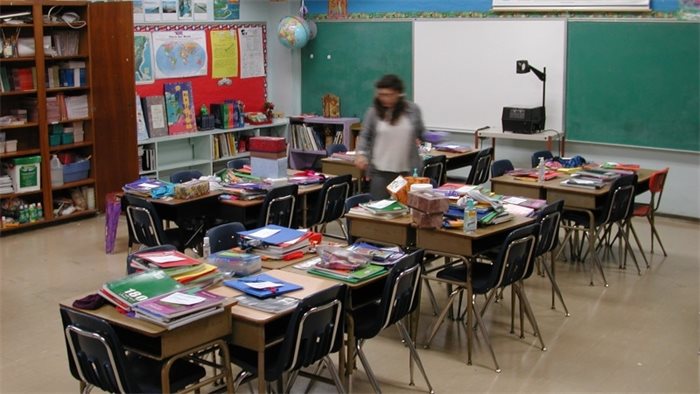

For example, if it takes time for your child to get used to learning at home, they might be able to get extensions to assignment deadlines. Flexibility – this might be important so your child can learn with different or fewer supports at home.For example, the teacher could help you adapt a visual support to include a modified learning timetable for your child. Adapted learning aids and other supports – this might make it easier for your child to use these supports at home.For example, you might be able to get printed worksheets or books from the library. Learning materials in different formats – this might be important if you don’t have access to digital technology or if online learning doesn’t work for your child.To ensure that your child can keep learning remotely, you can ask school staff about things like the following: Your child might use specialised resources at school, or they might need extra or specialised resources for remote learning. Check your child’s remote learning resources and supports It helps you, your child and your child’s teachers keep on top of learning tasks, assignments and your child’s wellbeing.Īt the start of remote learning, you might need to set up a phone or online meeting to discuss your child’s individual learning plan, including any changes that are needed to help your child work towards their goals while remote learning.Īfter this initial meeting, you could make a regular time each week to check in with teachers on how your child is going, what’s working well and what might need to change. Maintaining this regular contact is important during remote learning. But these might be disrupted following a major event like a flood or bushfire. If your child is autistic or has disability or other additional needs, you might have regular emails, phone calls or meetings with your child’s classroom teacher, home-room teacher, year coordinator, learning support coordinator or student welfare coordinator. Communicate regularly with the school during remote learning If you’re not sure about or satisfied with the way the school is handling remote learning, you might need to be an advocate for your child. It’s the responsibility of your child’s school to make learning and services accessible for all children, including children with disability, autistic children and children with other additional needs. It can be an opportunity to be involved in your child’s learning. It might help to remember that your job is to support and encourage your child as best you can. Our tips below can help you and your child get the most out of remote or home learning. Tips for remote learning: children with disability, autism or other additional needs With home-schooling, you’re your child’s teacher, and you’re responsible for setting all your child’s learning activities. Remote or home learning is different from home-schooling. Also, school support staff usually keep supporting children who need other services, like occupational therapy. If children are learning remotely because schools are closed, classroom teachers prepare and provide learning activities, just as they do when children are physically at school.



Children might also need to learn from home if they have a serious illness or chronic condition, or for other personal reasons. If children do not have online access and use printed materials, this can be brought to school when a new printed materials pack is collected.Remote learning is when children learn from home.Ĭhildren might need to learn from home when schools close because of natural disasters or other traumatic events, including floods, bushfires or pandemics. If this is required, parents can contact the class teacher. If printed materials are needed, these can be collected from school by prior arrangement. We may also be able to signpost parents to schemes that will allow them to access more mobile data. SIM cards with prepaid data are available for families to use for accessing remote learning. Laptops and iPads will be loaned out from the school with a receipt system.Īny families struggling with internet connection can contact the academy or their child’s class teacher to discuss options. The academy has a small number of devices that can be issued to children who do not have an electronic device or have multiple children who are sharing one device. We take the following approaches to support those children to access remote education: We recognise that some children may not have suitable online access at home.


 0 kommentar(er)
0 kommentar(er)
